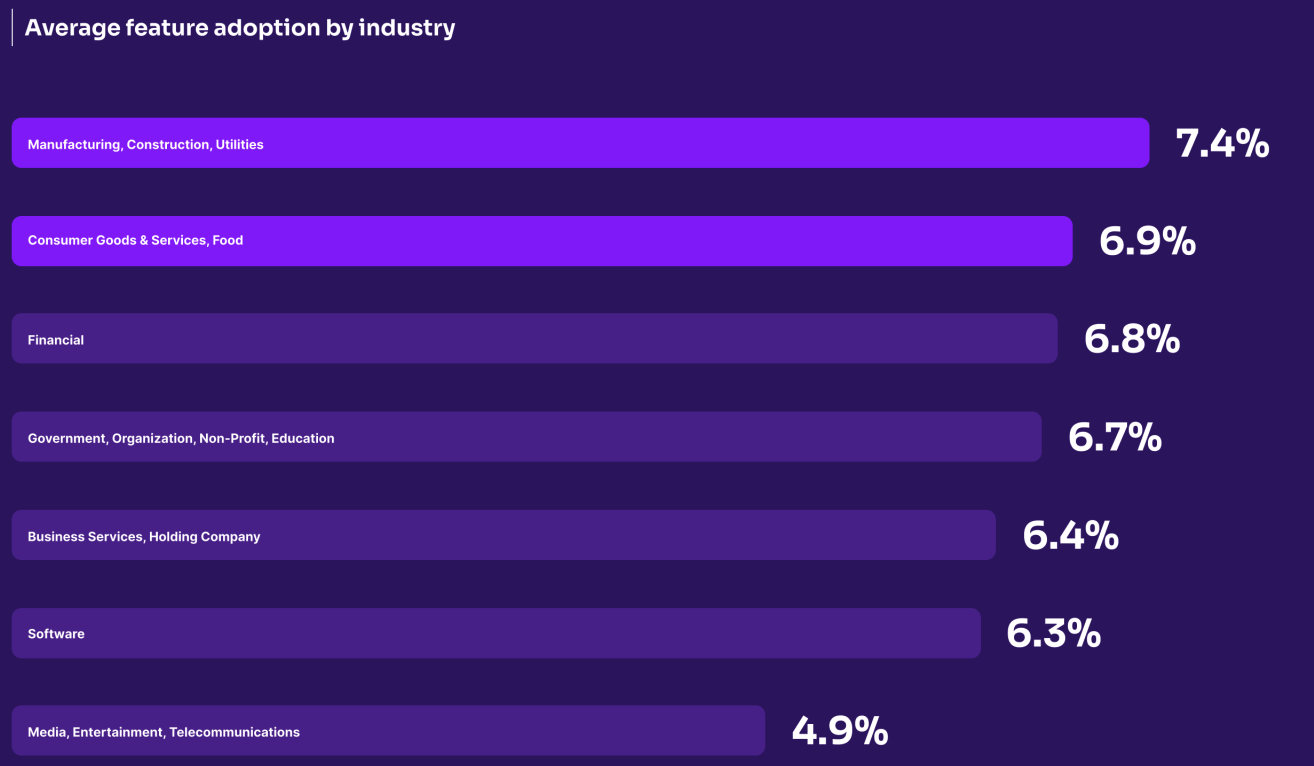In this #mtpcon Digital APAC keynote, Crystal Widjaja, Executive-In-Residence at Reforge, discusses the impact product people can have when utilising a sensible data strategy. This, she tells us, helps to drive product improvement, create great customer experiences, and achieve defensibility.
Watch the talk in full or read on for the overview. Mind the Product members can also watch the recordings of all our #mtpcon Digital APAC talks here.
In the talk, Crystal covers:
- How to evaluate data maturity and plan for evolution
- How to contribute to a culture of data responsibility
- How to consider your data strategy as a constant practice
Crystal describes how many of today's large tech companies are built upon huge data foundations, and as customers or users, we only see the tip of the iceberg. Contrastingly, many less mature organisations make a lot of noise about AI and ML functionally, while actually having a weaker infrastructure.
The discrepancy in the way data is marketed and leveraged, she says, is stark and can be attributed to the maturity of the organisation. Crystal discusses how, in order to successfully become a data-driven organisation, and avoid the pains of realising something is missing too late, a company needs the right culture, foundations, and access to a large pool of data.
3 stages of data maturity
As product people, we must understand this relationship with data in order to proactively prepare the roadmap for evolution. The process has three stages:
- Survival: The priority is finding product/market fit, establishing business, and securing stable user retention rates. At this stage, data is required for operational visibility only. You don't need anything fancy because you might not survive to leverage it later on.
- Functionality: After achieving product/market fit, focus turns to optimising specific user behaviour. Data now has a greater role and is used to track insights and influence some decisions, though there's still a lot of hypotheses in place.
- Form: Finally the strategy changes and we see “data as the form, beyond just functionality”. Products become data-dependent, users are consuming and, in turn, leveraging data. The productisation of data services continuously unlocks the product as it matures, and operational decision making becomes more automated as do user product experiences.
Scaling your data strategy
Crystal explains the relationship between a company’s ‘needs’ and ‘capabilities’:
- Needs: The company's activities and desired business objectives evolve at each level of scale, at each level of growth, or product/market fit.
- Capabilities: These are the requirements that need to be met (or built) in order to unlock that next stage of growth.
“The right strategy is really matching these two appropriately at its current stage”, Crystal says, “and to start building the appropriate data capabilities, in order for the business to scale to its next phase”.
Crystal describes some of the requirements and capabilities of each stage of maturity:
- Survival: Clear data documentation and basic reporting tools owned by Product will be effective — most teams can probably operate with something like MetaBase or even Google Data Studio. “And so no, maybe you don't need Tableau or Looker, at this stage, but learning SQL never hurt”.
As a product person, you should avoid outsourcing your visualisation as you can already start to use your own inferred analytics mindset based on your relationship with your users.
- Functionality: More detailed data-driven insights will become available as data further informs the product offering and decision making. At a company level, the culture may shift as teams take ownership of specific metrics and defined data teams becoming resources for decision making and guidance.
Data foundations are solidified and growth opportunities are unlocked through additional capabilities. You may even find yourself owning a ‘Wizard of Oz’ product — something that postures as using AI or ML models for example — but actually requires a behind-the-scenes operation.
- Form: The organisation is data-reliant and cannot function operationally without data products. “The scale and the complexity of both the company's operations and its active user base is such that relying solely on business generated recommendations and these Wizard of Oz rule sets and SLPs are not actually enough to maintain a defensible product experience”.
Data is now a fundamental driver in informing not only the product team’s intuition but also processes and needs, allowing for experimentation and data and process automation.
“It's a constant process of identifying these business needs, building the necessary capabilities and seeing unlock growth, which leads to new business needs,” Crystal says, “maybe we can try to be the fulcrum and the lever, in many cases, but it's going to be a slog. But we're with you there.”
Explore more on Data-Driven Product Management or use our Content A-Z to find even more product management content.
Access more #mtpcon Digital APAC content
As a Mind the Product member you can access ALL of the keynote AND session videos from #mtpcon Digital APAC 2021 in our #mtpcon Digital APAC video library.






